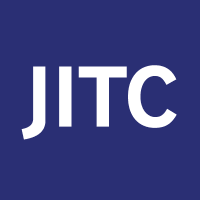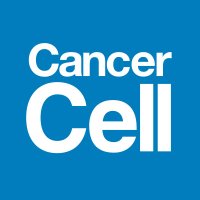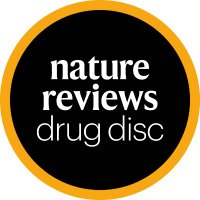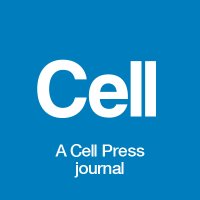
Parker Institute for Cancer Immunotherapy
@parkerici
Our mission is to accelerate the development of breakthrough immune therapies to turn all cancers into curable diseases.
ID: 702942034399780864
http://parkerici.org 25-02-2016 19:43:35
4,4K Tweet
10,10K Followers
555 Following

Here's our latest, led by superstars Josephine Yates & Dr. Camille Mathey-Andrews, jointly with Valentina Boeva and many more Dana-Farber News Broad Institute We studied primary & lethal esophageal cancer using multi[RNA, ATAC, spatial]-omics, see Josephine's tweets below for more!👇

What if engineered T cells could defeat AML—and persist long enough to prevent relapse? A new Nature Communications study led by PICI Investigator Philip Greenberg, MD & team at Fred Hutch Cancer Center found WT1-specific TCR-T cells showed activity but often lost function—except when azacitidine

New #JITC review: Intentional heterogeneity in autologous cell-based gene therapies: strategic considerations for first-in-human trials bit.ly/4dTQf0V John Connolly


When the hardest cancers go unsolved, Anusha Kalbasi, MD (Stanford Medicine), gets to work. The PICI Investigator is a recipient of the 2025 CRI Lloyd J. Old STAR Award from Cancer Research Institute—recognizing investigators who take on cancer’s toughest questions. Dr. Kalbasi’s lab is reshaping


thank you, Cancer Research Institute -- we are fired up and ready to make some bold moves

“Why stop now, when we haven’t yet realized immunotherapy’s full potential?” In a new Nature Reviews Drug Discovery interview, Ira Mellman, PhD, President of Research at PICI, shares what’s next in #CancerImmunotherapy—from curative cell therapies to smarter T cells. Read more:


The deadliest cancers don’t just resist treatment, they vanish from the immune system’s view. PICI Investigator Judith Agudo, PhD, Dana-Farber has made it her mission to expose them. This week, that mission was recognized with the 2025 CRI Lloyd J. Old STAR Award, one of





Share your #cancer #immunology research w/ #CSCancerImmunity2025 organizers Ignacio Melero Universidad de Navarra, Ira Mellman Parker Institute for Cancer Immunotherapy, Fabiola Rivas, Immunity & Montse Rojo de la Vega Cancer Cell. Abstract deadline July 25 hubs.li/Q03tjTxS0


Ira Mellman, the new president of research at the Parker Institute for Cancer Immunotherapy (Fatima Datunsolang), asks why so many drug developers are retreating from cancer immunotherapies before they have achieved their full potential in our latest interview nature.com/articles/d4157…


KRAS mutations are among the most common—and most challenging—targets in solid tumors. A new Cell Press study led by PICI investigator Daniel Powell, PhD, and a Penn Medicine team including Beatriz Carreno, PhD, introduces NeoCARs: CAR T-cells targeting mutant KRAS (G12V) via



𝐂𝐀𝐑-𝐓 𝐋𝐨𝐠𝐢𝐜-𝐆𝐚𝐭𝐢𝐧𝐠: ArsenalBio CEO ken drazan describes the idea of logic-gating, which might allow CAR-T therapies to work in solid tumors when targeting more than one antigen is needed. Full interview: biotechtv.com/post/arsenalbi…

T cells don’t act alone. The immune system’s response to cancer depends on multicellular “hubs” — coordinated networks of immune and non-immune cells. Karin Pelka 🦋 @pelkalab.bsky.social (Gladstone Institutes) has been awarded the 2025 AAAS Wachtel Award for uncovering these hubs, and revealing why some tumors


Can a common autoimmune drug help reverse one of the most serious side effects of cancer immunotherapy? A new PICI-supported UCLA Health study says maybe yes. Researchers found that JAK inhibitors — already FDA-approved — could prevent or even reverse checkpoint inhibitor–induced

What if we could rewire tumors to help the immune system destroy them? A new PICI-supported study by UCSF School of Medicine and WashU Medicine with contributions from Julia Carnevale , MD, and Arun Wiita, MD, PhD, shows ATG9A-deficient tumors are vulnerable to macrophages. And with
